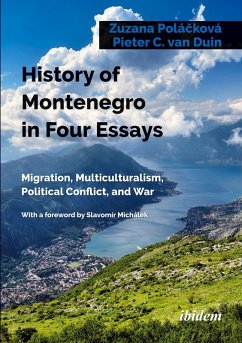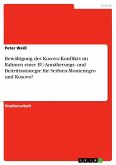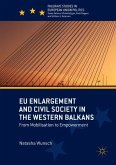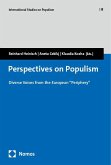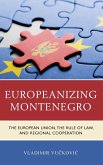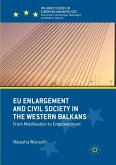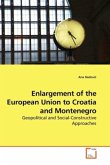This scholarly work on Montenegro's history and its social, political, and cultural traditions eschews a conventional chronological framework, where each chapter might delineate a distinct historical era. Instead, the authors adopt a thematic lens, delving into four pivotal themes that span an extended timeline. Montenegro's political and cultural development was intricately tied to migration flows and the emergence of broader multicultural dynamics across the western Balkans. Orthodox, Catholic, and Islamic communities, though often in contention, coexisted as integral groups within the region. Consequently, political and military strife, multicultural intricacies, and migration patterns emerged as the primary forces shaping the histories of both the western Balkans and Montenegro itself. Over the eighteenth, nineteenth, and twentieth centuries, the prospect of harmonious interreligious and interethnic coexistence steadily eroded, with Muslim Slavs and Albanians frequently targeted by the dominant Montenegrin faction. Montenegro charted its own distinct course toward modernity, unfolding at its own deliberate pace. Yet, with the restoration of independence in the early twenty-first century, the nation seized an opportunity to evolve its earlier, incomplete modernity into a more liberal form, paving the way for integration into the European fold.
An innovative attempt to throw light on unknown Montenegro. Unfortunately, the problem of genocide is also part of the story. Migration, multiculturalism, political conflict, and war are indeed the main features of Montenegro´s history.
-Leo Lucassen, Professor of Social History, University of Leiden, The Netherlands
-Leo Lucassen, Professor of Social History, University of Leiden, The Netherlands

